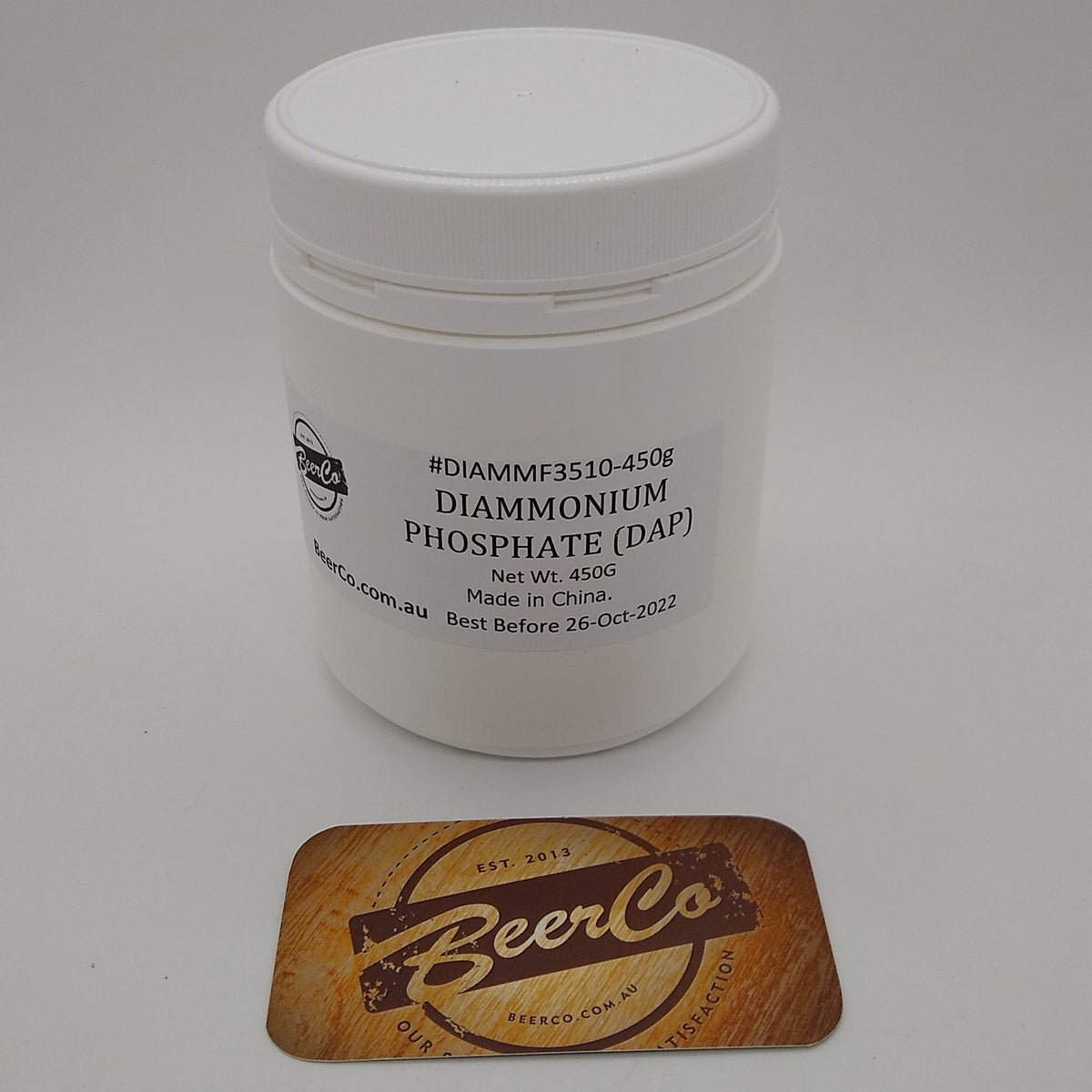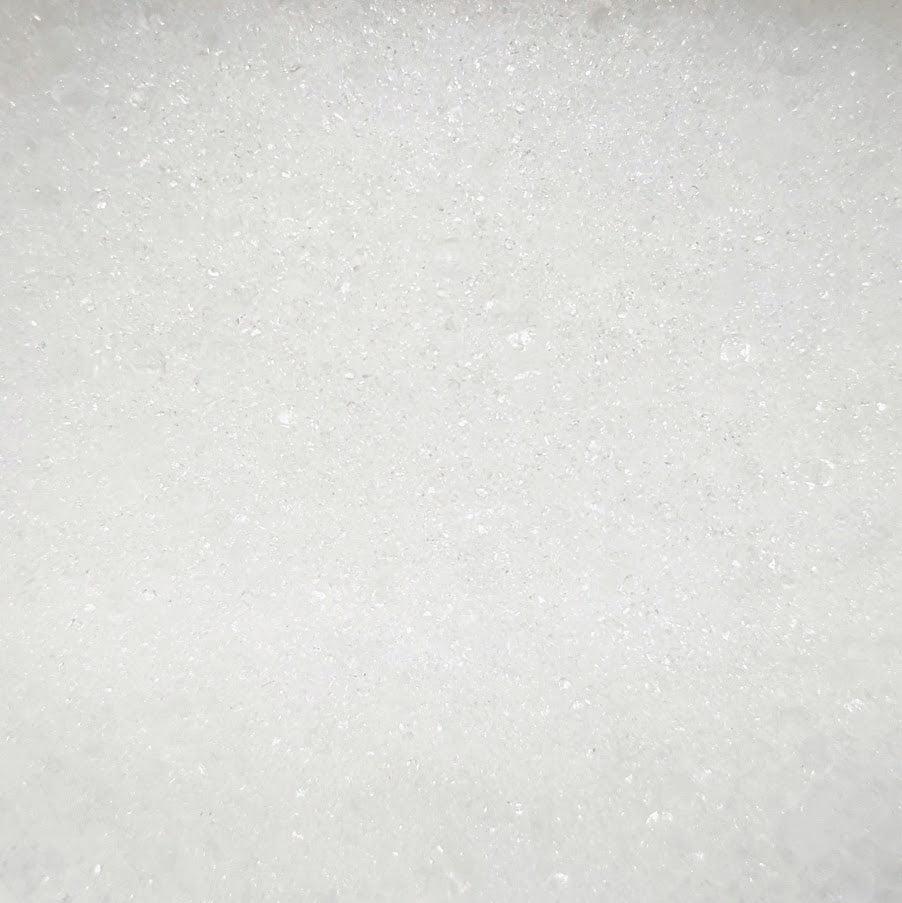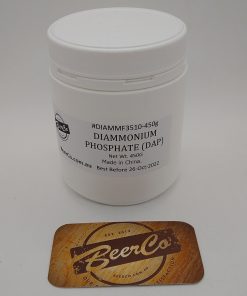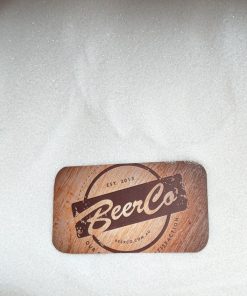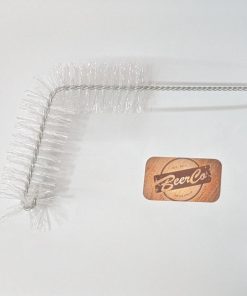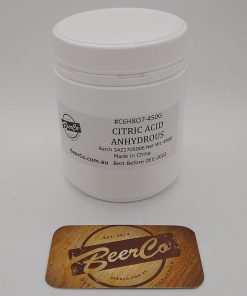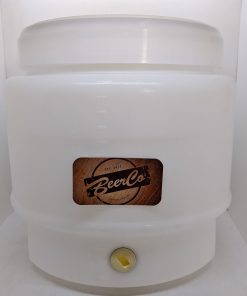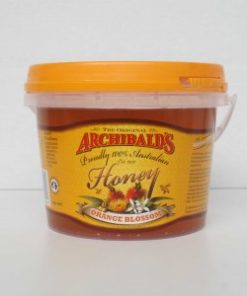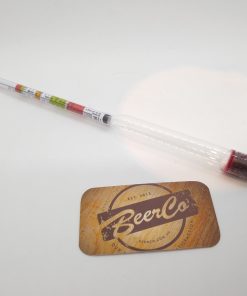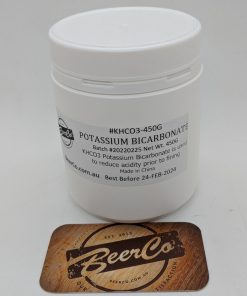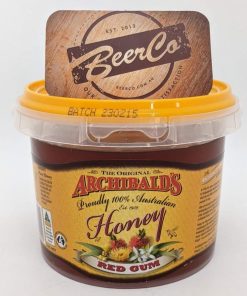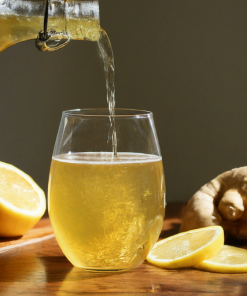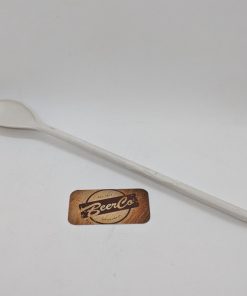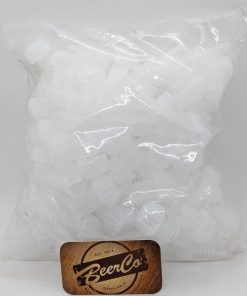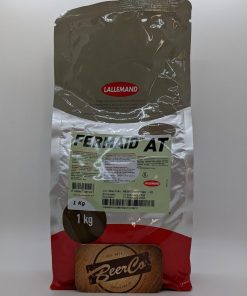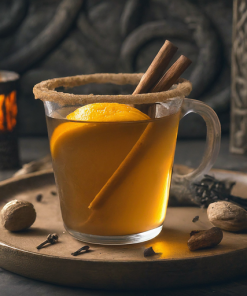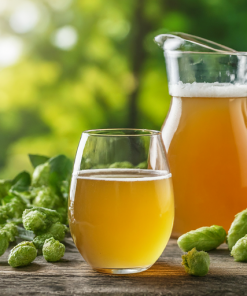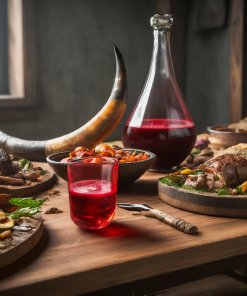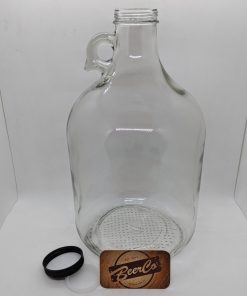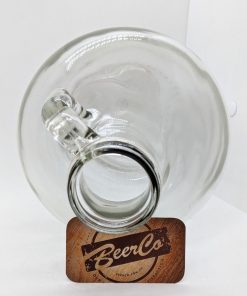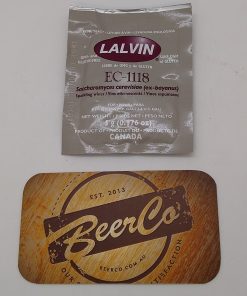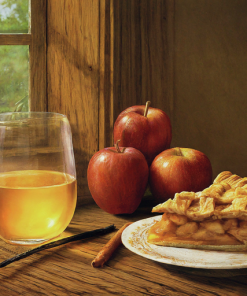Diammonium Phosphate | DAP Redox
$ 9,95 $ 5,97
Diammonium phosphate or DAP for short is a widely used Yeast Nutrient in Brewing, Cider, Mead, Winemaking and Hard Seltzer. DAP delivers valuable nitrogen and phosphate to yeast cells. Wort is generally rich in nitrogen, but a little supplementation can help high-gravity beers complete fermentation. Phosphates also help ensure smooth fermentation of worts that contain large portions of non-malt adjuncts.
DAP (diammonium phosphate) is a major source of nitrogen for low-malt or sugar-rich mashes and washes. Recommended to add the dose in stages during the first half of fermentation. DAP stimulates fermentation rate, so if too much is added at once, the yeast may ferment too fast and too hot.
Diammonium phosphate is an inorganic source of nutrients. It provides 210 parts per million (ppm) of YAN per gram per litre of must. Thus, 1 gram (0.3 oz) of DAP in a litre (1.06 qt) of must will give you 210 ppm of YAN. Just be careful not to use too much.
Should be added at beginning of fermentation, but could be added towards the end of a slow or stuck fermentation.
This yeast nutrient is pure Diammonium Phosphate (DAP). Most fermentable sugar sources used in Cider, Perry or Mead are generally deficient in the essential nutrients for good yeast metabolism and a yeast nutrient of some sort is required. Nitrogen is one such element and DAP is a readily assimilable source.
Packs Sizes:
- 450g Plastic Tub
- 1 Kg Bag (SAVE 28% OFF 450g Price)
- 8 Kg Bag (SAVE 27 OFF the 1Kg Price) Sign up for Trade/Wholesale Account
USAGE GUIDANCE:
- Use at the rate of 1 gram per 5 litres of must to aid yeast and help reduce later problems with hydrogen sulfide.
The simplest way for most home winemakers to supplement nitrogen is with the granular material diammonium phosphate, also called DAP. The legal addition limit of ammonium salts like DAP for commercial wine in the US is 968 ppm, well above the levels needed to assure a healthy yeast population and successful fermentation. Peynaud recommends a range of addition is from 10 to 20 g per hectolitre of must, or about 0.4 to 0.8 g/gallon. If your must is low in YAN or your yeast is one with high-demand requirements, you should consider an addition of at least 0.5 g/gallon (0.5 g/3.8 L) and have enough DAP on hand to go as high as 2 g/gallon (2 g/3.8 L).
Specifications:

Further Reading and Reference Materials:
Mad for Mead | Craft Beer and Brewing Magazine
Using Yeast Nutrients | Winemaker Magazine
| Size | 450g, 1 Kg, 8 Kg |
|---|
Fast shipping and professional packing
We offer a wide range of shipping options due to our long-running partnerships with UPS, FedEx and DHL. Our warehouse staff are highly trained and will package your items according to our precise and precise specifications. Before shipping, all goods are thoroughly inspected and securely secured. Every day we ship hundreds of packages to our customers from all over the world. This is a sign of our commitment to be the largest online retailer worldwide. The warehouses are located situated in Europe as much as they are in USA.
Note: Orders containing multiple items will have a different processing period for each item.
Before shipping the items, our staff will carry out an extensive inspection of the products you have ordered. The majority of orders are delivered within 48 hrs. The delivery time should be between 3-7 working days.
Returns
We don't manage the stock in our factory and warehouse. Actual stock levels may fluctuate at any moment. Be aware that it's possible that your order will be out of stock after you have placed the order.
Our policy is for 30 days. Unfortunately, if 30 days have passed from the date you purchased the product, we are unable to offer you a return or exchange.
The item must not be used, and it must be in the original packaging. It must also be in the original packaging.
Related products
Brewing Aids
Yeast
Brewing Aids
Equipment
Equipment
Brewing Aids
Equipment
Homebrewing & Winemaking Supplies
Equipment
Equipment
Brewing Aids
Equipment
